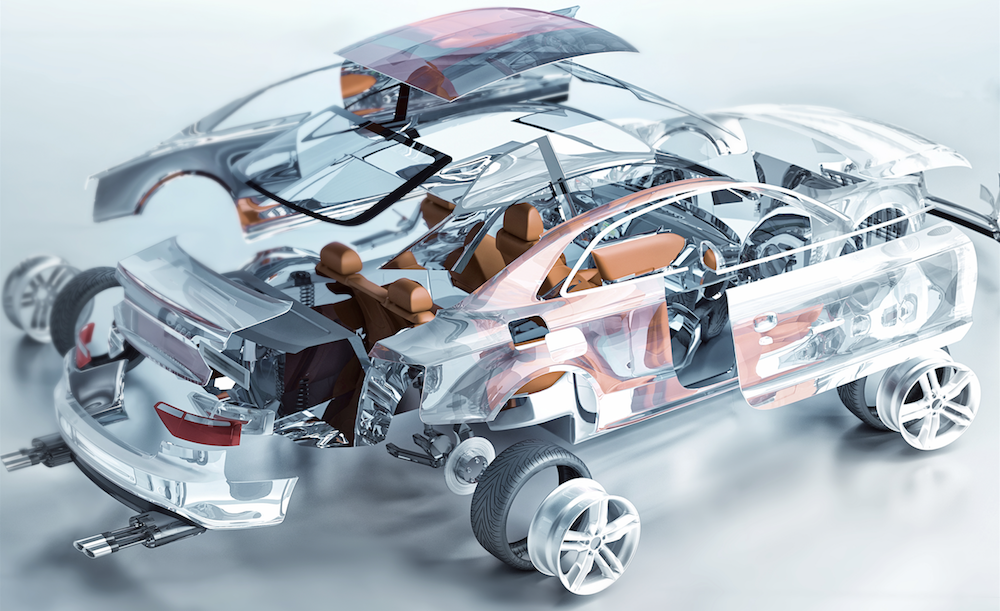
Diesel generators have been a reliable and cost-efficient source of backup power for many years, serving various applications including industrial facilities, hospitals, data centers, and residential areas. These generators have become increasingly popular in recent years due to their efficiency and durability. As a result, diesel generators are now considered the fuel of choice for power generation.
1. Efficiency: Diesel engines are known for their high efficiency, which allows them to convert the majority of fuel energy into electrical energy. Unlike gasoline engines, diesel engines do not waste fuel through the evaporation process, which makes them about 30 to 35 percent more efficient. This means that the same amount of diesel fuel will generate more power than gasoline.
2. Durability: Diesel generators are known for their longevity and durability. They can run for extended periods without requiring frequent maintenance. This is due, in part, to the diesel engine’s robust design, which can withstand heavy use, wear, and tear, which makes diesel generators suitable for harsh environments. Regular maintenance is still necessary, but it is less intensive than generators that run on other fuels.
3. Availability of Fuel: Diesel is widely available in many parts of the world, which makes it a convenient choice for power generation. Many industries and businesses that require continuous power have invested in diesel generators, mainly because they can easily access the fuel needed to run the generators. Additionally, diesel engines can operate on a range of fuels, including bio-diesel, which is an alternative to traditional petroleum-based diesel.
4. Safety: Diesel fuel is a safer alternative to other fossil fuels, particularly gasoline. It has a higher ignition temperature, which makes it less flammable than gasoline. In the event of a spill, diesel fuel is less likely to ignite or cause an explosion, reducing the risk of injury or property damage. This makes diesel generators ideal for use in areas with strict safety standards, such as hospitals and data centers.
5. Environmental Impact: Diesel engines are often criticized for their impact on the environment. However, recent advancements in technology have made modern diesel generators cleaner and more environmentally friendly than older models. Emissions are now closely monitored, and generator manufacturers are investing in research and development to reduce the environmental impact of diesel generators further. Bio-diesel is a good example of newer, greener fuels that can significantly reduce diesel generators’ carbon footprint.
Diesel generators have been around for decades and remain a popular and reliable source of backup power. They provide efficiency, durability, fuel availability, safety, and environmental benefits that other fuels like gasoline cannot match. Diesel fuel is also readily available and offers a lower cost of ownership than other fuel sources such as natural gas. Investing in a diesel generator has become a popular choice for businesses and individuals requiring continuous power that is both reliable and cost-effective. Diesel generators are indeed the fuel of choice for power generation.






